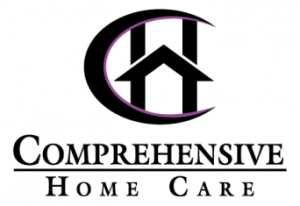How to Discuss Home Care with the Family
Is your family considering finding care for a senior loved one? If so, it is important to plan a family meeting to discuss home care as an option. Home care is used to provide the care of a loved one who is unable to fully provide for themselves, yet still stable and mentally sound enough to be at home and out of the nursing home. For many people, this type of care provides far greater happiness and prolongs their lifetime and that is just the start of the exciting benefits. Even still there are drawbacks that must be considered if this is a method of care that you are considering. This is a big decision and everyone should be able to voice their thoughts, concerns, and hopes freely.
Preparing for a family meeting to discuss home care
When preparing for your family meeting make sure that you inform family members as far in advance as possible. Everyone’s schedules differ, and sometimes it can be difficult to find a time when everyone is able to come together. When informing family members of the meeting you should plan for a two-hour time slot, although it might take slightly less time. Once a time has been arranged, choose a location for the meeting. If your home is large enough this is perfectly fine. It should be comfortable so everyone is able to talk openly. Make sure that the loved one being considered for home care is present during the meeting. After all, it is him/her that will be receiving the care so their say matters the most. Also, the home care agency caregiver or staff member should be present to help you learn more about the service and the different options available.
Things to discuss at the family meeting
- Cost. Insurance will usually not cover the costs of this type of care so it is the responsibility of loved ones to cover the fees. Consider how you will pay, how much each person can put forth, etc. Also, take into consideration during your meeting:
- Duration. How long/often will you require home care for your loved one? You can arrange services for part-time or full-time, or on an as-needed basis.
- The capability of the senior. Is your loved one still able to partially caring for themselves? Patients who are best-suited for home services are those who still have such capabilities.
- Needs of the senior. Discuss with the caregiver the needs of your loved ones. Caregivers can provide a little or they can provide a lot, depending upon the need. Ensure the chosen agency is capable of handling those needs. Not all agencies provide the same levels of care.
- Questions/concerns. Give each family member time to ask their own questions as they arise.
Comprehensive Home Care can provide help during these meetings. Contact us here or call at 704.333.5214 with any questions or care needs.
Check out Diffusing Family Tensions for more support.
